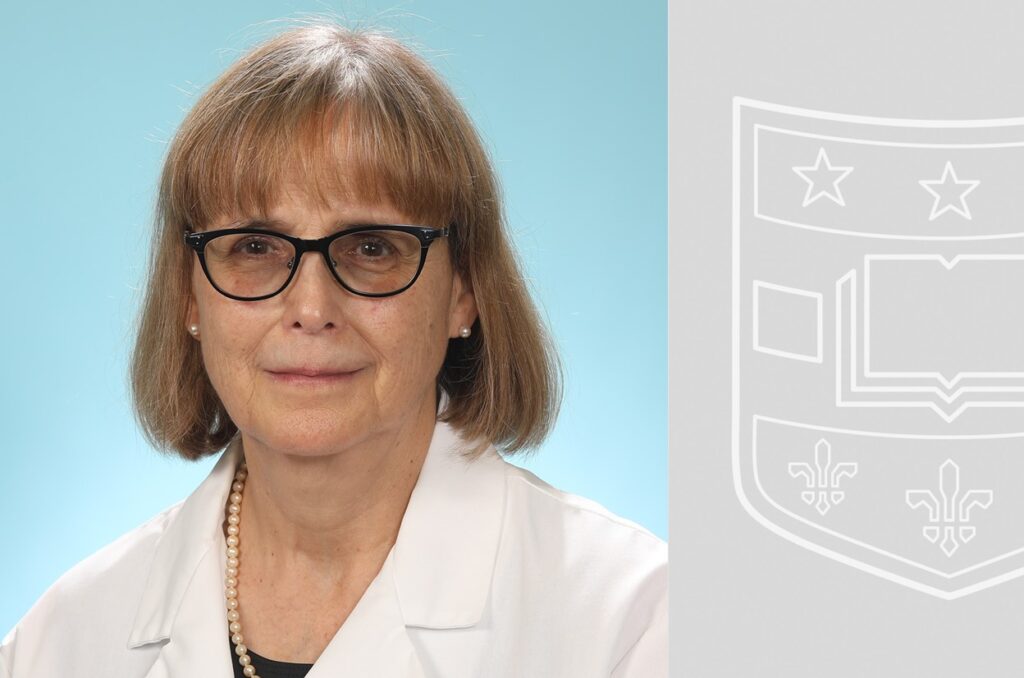Dr. Carolina Salvador received her MD degree from the University of Texas Health Science Center at San Antonio. She then completed residency in Internal Medicine, and a research fellowship in Geriatric Medicine at the same institution. Later, she completed her fellowship in Medical Oncology and Hematology at the University of Louisville, after which she was appointed as an assistant professor. She subsequently moved to the University of Alabama at Birmingham (UAB), being promoted to associate professor during her tenure. During her time at UAB, she completed fellowship training in Integrative Medicine at the University of Arizona under Dr. Andrew Weil. She also trained in medical acupuncture at the Helms Medical Institute, one of the oldest medical acupuncture training centers in the US. She specializes in breast cancer.
Dr. Salvador was the founding director of the UAB Integrative Medicine and Health Program, establishing a multidisciplinary integrative oncology clinic for cancer patients and their families. This clinic incorporated several components, including integrative oncology, integrative psychology, yoga, arts-in-medicine, and spiritual care. Dr. Salvador has performed both basic and clinical research during her medical career. She has presented her work at annual meetings of ASCO and Interventional Oncology, and published in oncology and integrative medicine journals. Her most recent work focuses on the use of integrative medicine to modify quality of life in cancer patients. At Washington University, Dr. Salvador will establish an Integrative Medicine program for cancer patients and their families. This program will also have a research component to increase our understanding of complementary modalities such as yoga, acupuncture, anti-inflammatory diets and tai chi, and how these can benefit individuals to improve quality of life and outcomes.
She will also serve as Director of Wellness for the DOM to design a program to improve wellness and increase resilience for the DOM faculty and staff. Dr. Salvador has always been very active in teaching medical students, residents, and hematology and oncology fellows. She has also provided experiential teaching to nurse practitioners, nutritionists, and graduate students in the practice of integrative medicine. She has given many lectures on topics related to integrative medicine.
Dr. Salvadore’s clinical and research focus are centered on how the whole person integrative medicine approach to cancer patients (body, mind and spirit) improves cancer and cancer treatment related symptoms. The integrative oncology clinic will be collecting patient reported outcomes to help guide how to best achieve proposals with meaningful and relevant research. Her general research interest is to. The integrative modalities that she is most interested are acupuncture, mindfulness, tai chi/qigong, followed by anti-inflammatory diet, mindfulness-based interventions and physical activity. Cancer-related fatigue (CRF), is one of the major complaints cancer patients have, not only during treatment but it can persist for years. Studies have shown that many of the integrative modalities may have an impact on CRF, but there is need for stronger data. She is working on a proposal to shed more light on these therapeutic modalities. Another research focus is lymphedema which appears to be more severe in black women with breast cancer. Her plan is to prove that early intervention could help prevent or decrease the development of lymphedema and its severity.
Finally, disparities in cancer and cancer outcomes as well as in secondary cancer prevention is another of her interests, clinically and research wise both. She believes clinical trials should have a mechanism in place to work towards equality. This could be done with better targeted dissemination of information to all potential patients using ethnically appropriated conduits as well as with better retention strategies. The integrative oncology program is an ideal setting not only to improve patients’ symptoms related to the cancer and its treatments but to do the research needed to advance the scientific knowledge of all its modalities and to help decrease cancer disparities.
